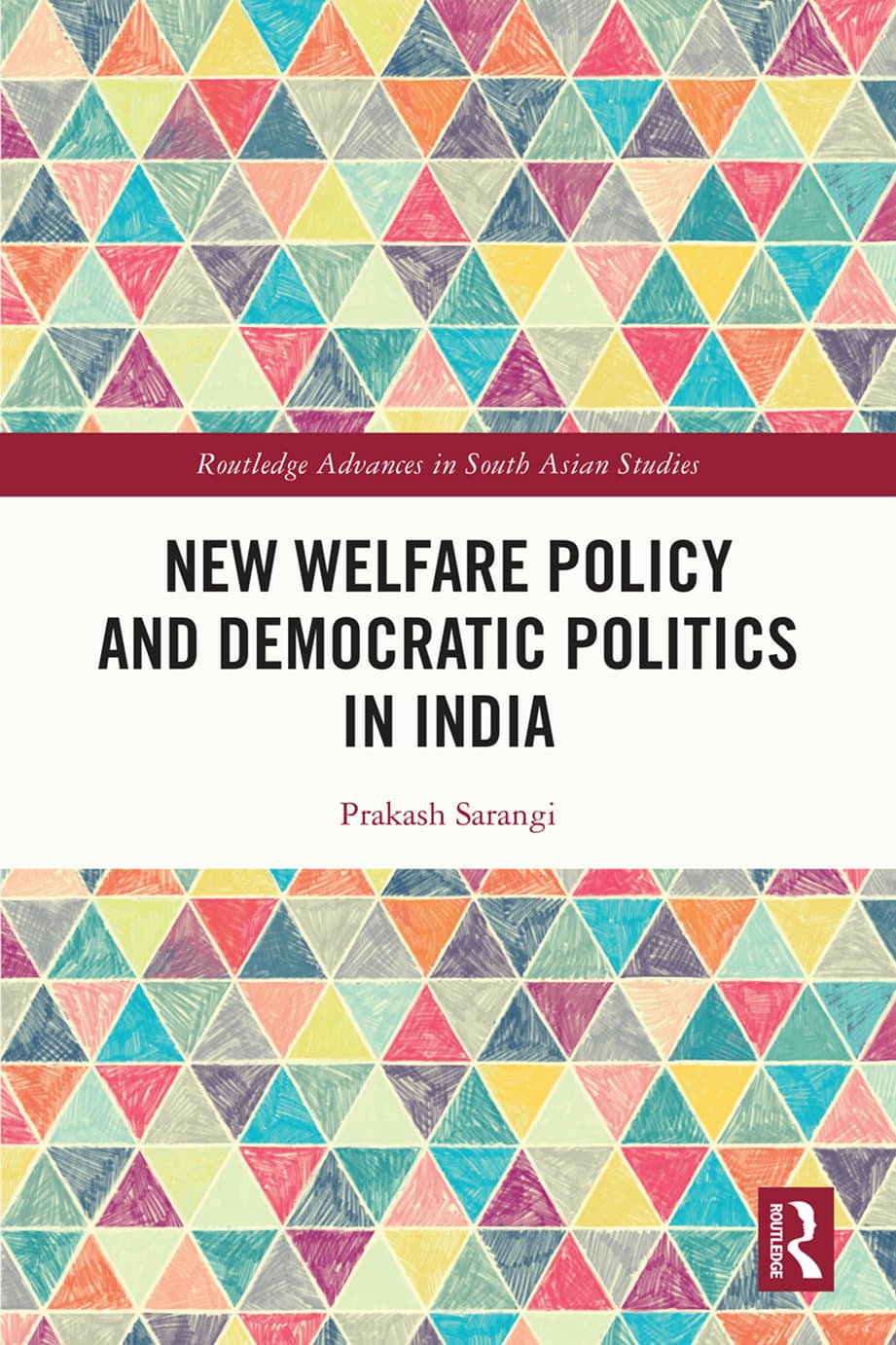

Most ebook files are in PDF format, so you can easily read them using various software such as Foxit Reader or directly on the Google Chrome browser.
Some ebook files are released by publishers in other formats such as .awz, .mobi, .epub, .fb2, etc. You may need to install specific software to read these formats on mobile/PC, such as Calibre.
Please read the tutorial at this link: https://ebookbell.com/faq
We offer FREE conversion to the popular formats you request; however, this may take some time. Therefore, right after payment, please email us, and we will try to provide the service as quickly as possible.
For some exceptional file formats or broken links (if any), please refrain from opening any disputes. Instead, email us first, and we will try to assist within a maximum of 6 hours.
EbookBell Team

4.7
76 reviewsThe book argues that political parties formulate policies in order to respond to the voices of citizens and shows that a new welfare architecture emerged in India, characterized as responsive welfare. India has witnessed a sharp rise in such voices, which have been disadvantaged by a globalizing market. The size and vulnerability of this group has made them politically significant and electorally salient. These welfare aspirants have found a new political space through political parties to negotiate and assert their claims on the state, creating a milestone in India’s democratic politics trajectory, in the form of entitlement-based welfare policy. The book compares and evaluates the implications of these new welfare policies in the contexts of two governments: the Congress-led government during 2009-2014 and the BJP-led government during 20014-2019. The empirical data reveal remarkable similarities in their electoral pledges, policy outputs, policy outcomes and accountability towards citizens. These findings indicate significant convergence in their welfare policies, sans ideology or ethnic support base. It also reveals that the ideological differences among the two major parties do not prevent remarkable continuities in the formulation and implementation of welfare policies during their incumbencies, thus allowing for a bipartisan acceptance of a citizen-centric welfare policy.
Offering a new analysis to understand this citizen-party-policy linkage in the formulation of welfare policy in India, the book presents a macro analysis of India’s interface between
…